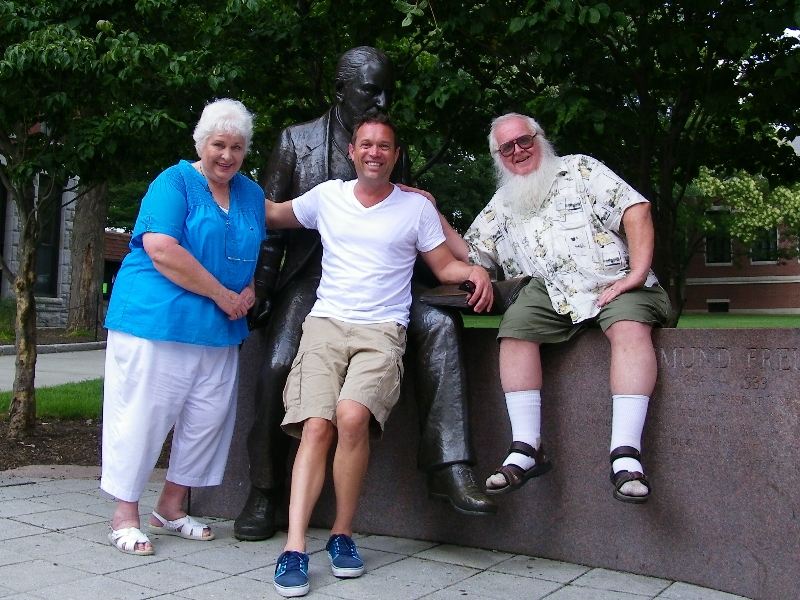
Publications
Constructing the nation: Volk, Kulturnation, and Eros in faust
Document Type
Book Chapter
Abstract
“Goethe”—the mythic complex of Johann Wolfgang von Goethe's life and works—has long been used to construct, consolidate, and repeatedly rehabilitate German national identity. Faust in particular has been enlisted in efforts to shore up the German nation. These often wrong-headed attempts to appropriate Goethe for the sake of the nation have obscured the fact that the nation is indeed a central topic in Faust. From the seemingly cheerful bustling nation of the Volk in “Vor dem Tor” (Before the gate) to the decaying nation of the Holy Roman Empire in Faust II, which Faust unsuccessfully attempts, with the aid of paper money, to turn into a kind of Kulturnation, the play repeatedly brings up the question of the national. Again and again, however, the nation stumbles in its efforts to accommodate Eros and pleasure—margarete's demise is just the first example of this failing. Faust's final act, the creation of a modern nation between the land and the sea, suggests that devising a new sense of the national might be his ultimate deed. While it is deeply unclear whether Faust's nation solves any of the problems that Faust uncovers, there are hints that Goethe offers his public glimpses of the possibilities of a reconception of the national after Faust's ascent into heaven. Faust's deal with the devil famously culminates in his vision of a nation between the land and the sea, “nicht sicher zwar, doch tätigfrei” (11564; not safe, admittedly, but actively free).
Publication Title
Goethe's Ghosts: Reading and the Persistence of Literature
Publication Date
1-1-2012
First Page
149
Last Page
167
ISBN
9781571135674
Keywords
German literature, Johann Wolfgang von Goethe, Faust, drama, nationalism
Repository Citation
Tobin, Robert Deam, "Constructing the nation: Volk, Kulturnation, and Eros in faust" (2012). Publications. 12.
https://commons.clarku.edu/tobinpub/12


